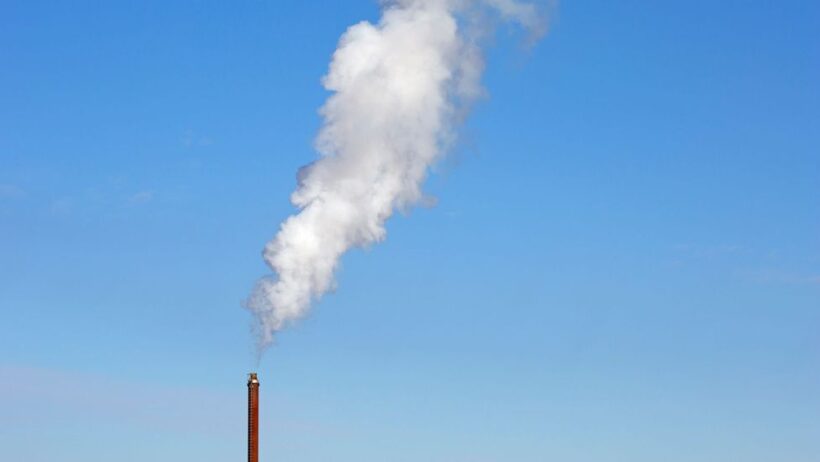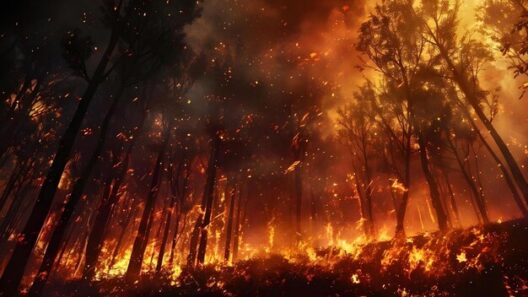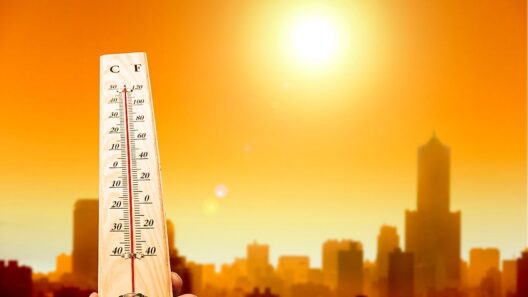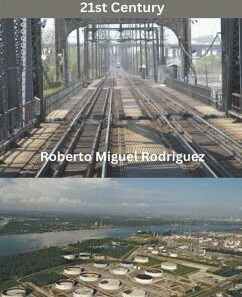Global warming and ozone depletion are two critical yet distinct environmental issues plaguing the planet. While they are often conflated, understanding their relationship is essential for grasping the complexity of climate change and its effects on our environment. This document aims to distinguish the facts from the fiction regarding global warming’s impact on the ozone layer.
The ozone layer, located in the Earth’s stratosphere, serves as a crucial shield, protecting life from the sun’s harmful ultraviolet (UV) radiation. Ozone depletion is primarily caused by human-made chemicals known as chlorofluorocarbons (CFCs), which were extensively used in refrigeration, aerosol propellants, and foam-blowing agents. The global response to the alarming reduction of ozone in the 1980s culminated in the Montreal Protocol of 1987, which successfully phased out many ozone-depleting substances. This legal framework has not only enabled the gradual recovery of the ozone layer but has also been heralded as a landmark achievement in international environmental diplomacy.
On the other hand, global warming refers to the long-term increase in Earth’s average surface temperature due to human activities, particularly the emission of greenhouse gases such as carbon dioxide (CO2) and methane (CH4). The ramifications of global warming are vast, encompassing more frequent extreme weather events, rising sea levels, and shifts in ecosystems and biodiversity. Unlike ozone depletion, which has a well-defined cause and a globally coordinated solution, the factors contributing to global warming are multifaceted and continue to be a contentious topic in scientific and political arenas.
At first glance, one might wonder if global warming impacts the ozone layer. Evidence suggests a subtle, yet significant, connection between the two phenomena. As the planet warms, changes in temperature and circulation patterns within the stratosphere can influence ozone levels. For instance, warming can lead to cooler stratospheric temperatures, which can result in increased concentrations of ozone-depleting substances and exacerbate the destruction of ozone. This is particularly notable in polar regions, where the interaction between atmospheric warming and ozone dynamics provides a unique case study on climate interactions.
Moreover, several studies have indicated that greenhouse gas-induced warming can enhance the frequency and severity of stratospheric polar vortex events. These occurrences can create conditions conducive to ozone depletion, especially during winter months when temperatures drop significantly. The interplay of natural and anthropogenic factors thus fosters a complex relationship between global warming and ozone dynamics.
Critically, it is crucial to disavow common misconceptions that suggest global warming directly “destroys” the ozone layer. The narrative that conflates the two issues oversimplifies the science and obscures the causal pathways involved. Although both phenomena result from human industrial activities, they do not function in a straightforward cause-effect relationship. The ozone layer may be concurrently recovering due to international regulations while also being impacted by factors associated with climate change.
Furthermore, the public’s understanding of these issues is often muddled by sensationalized media portrayals and miscommunication. Warnings of increasing UV radiation due to ozone layer depletion may trigger fears regarding skin cancer rates, yet the reality is more complicated. While there is undoubtedly a correlation between ozone depletion and increased UV exposure, the solar output, geographic location, and individual safeguard measures (such as sunscreen usage and clothing) also play significant roles in affecting human health.
The intricate relationship between global warming and ozone depletion is echoed in the discussions surrounding climatic tipping points. As global temperatures ascend, the potential for irreversible changes in the climate system, including modifications to the ozone layer, becomes a pressing concern. The observation of past climatic shifts suggests that a breakdown in the balance of stratospheric ozone could contribute to adverse feedback loops, further exacerbating global warming’s impacts.
Another aspect to consider is the bifurcation of responsibility in tackling these environmental phenomena. The Montreal Protocol serves as an exemplar of effective global action in addressing ozone depletion, spearheading international cooperation. Conversely, combating global warming has necessitated more intricate negotiations marked by varying national interests and economic considerations. Nations are divided over the implications of energy use, industrial expansion, and reliance on fossil fuels, complicating any potential unified solution. As such, while progress has been made in controlling substances that affect the ozone layer, global warming-related strategies remain at the forefront of environmental activism.
In summary, while there are indeed correlations and interactions between global warming and the ozone layer, it is essential to clarify misconceptions that portray a direct destructive relationship. The recovery of the ozone layer, thanks to concerted global efforts, demonstrates that effective action is possible. However, the looming threats posed by global warming—manifested through environmental destabilization and changes in atmospheric chemistry—remain a significant challenge that necessitates ongoing vigilance and action. To ensure a sustainable future, it is paramount that all stakeholders comprehend the nuances involved in these interrelated but distinct issues, fostering informed decision-making and robust actions toward climate change mitigation.








